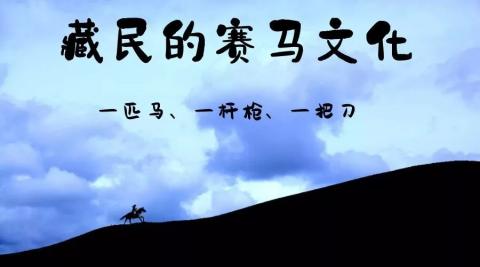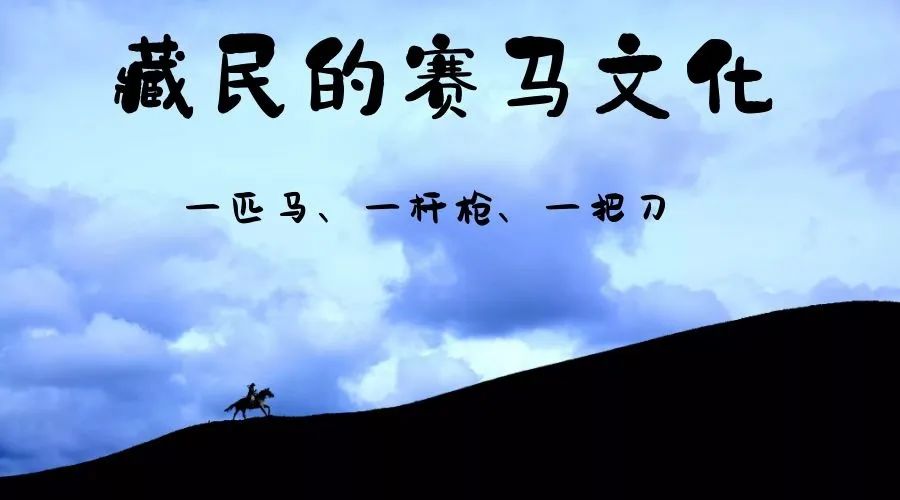

Coming out of Xiaochaidan Lake, when we walked to Shinaihai Town on the west bank of Qinghai Lake, we unexpectedly encountered a Tibetan horse racing activity, so we stopped to take a look~

The horse racing had already started for a while when we arrived. Look at the colorful ribbons hanging on the horses. They are the symbol of the winner.

There was a saying in Tibet: "A horse, a gun, and a knife." That's all it took for pastoral men to make their way in the world in the past.

For the Tibetan people living on the snowy plateau, horses, like yaks and sheep, have been integrated into every aspect of Tibetan life. Over time, a unique "horse culture" of Tibet has been formed.

In the past, villagers raised horses for transportation. Nowadays, every household has a motorcycle, but they still have to raise one or two horses. It is for the annual horse racing performance that a group of outstanding sports talents also stand out in the horse racing meeting.

Due to the unique position of the horse in the life of the Tibetan people, the horse has also left a deep imprint in Tibetan Buddhism. It is considered a divine object that communicates between people and ancestral spirits. The horse has even become one of the totem worships of the Tibetan people.

In Tibetan areas, horse racing festivals in some places are formed following the custom of Gesar holding horse racing and archery before each expedition.

Gesar was born on the Tibetan Plateau. He resisted foreign invasions, defended his homeland, expanded territory, and founded the Ling Kingdom. He made outstanding military exploits and made great contributions to the unification of the nation.

Therefore, it has been praised and praised by the world for thousands of years. Gesar himself was hailed as king by the masses by winning horse racing.

Therefore, in the hero worship belief of the Tibetan nation, strength, bravery, and wisdom have become objects of yearning and worship, and have become symbols of a man's value.

For a long time, Gesar has become the object of pride and worship of the Tibetan people. Over time, this worship custom and culture became deeply rooted among the Tibetan people and was integrated into horse racing activities, thus forming the brave and strong character of the Tibetan people who have lived a nomadic life on the grasslands for a long time.

Warriors competing


The brave men returning from the competition


Receive award certificate

This is an affirmation for the brave

Finally, with cheers, the horse racing ended. Basically, everyone who came to participate had something to gain. Horse racing is not only a competition, but also an entertainment method for Tibetan people to communicate and interact.

Sometimes walking on some small roads and passing through some villages can also bring unexpected rewards. We will have similar experiences in the next trip. Let’s follow Tangyuan to experience the most simple and original folk customs!
